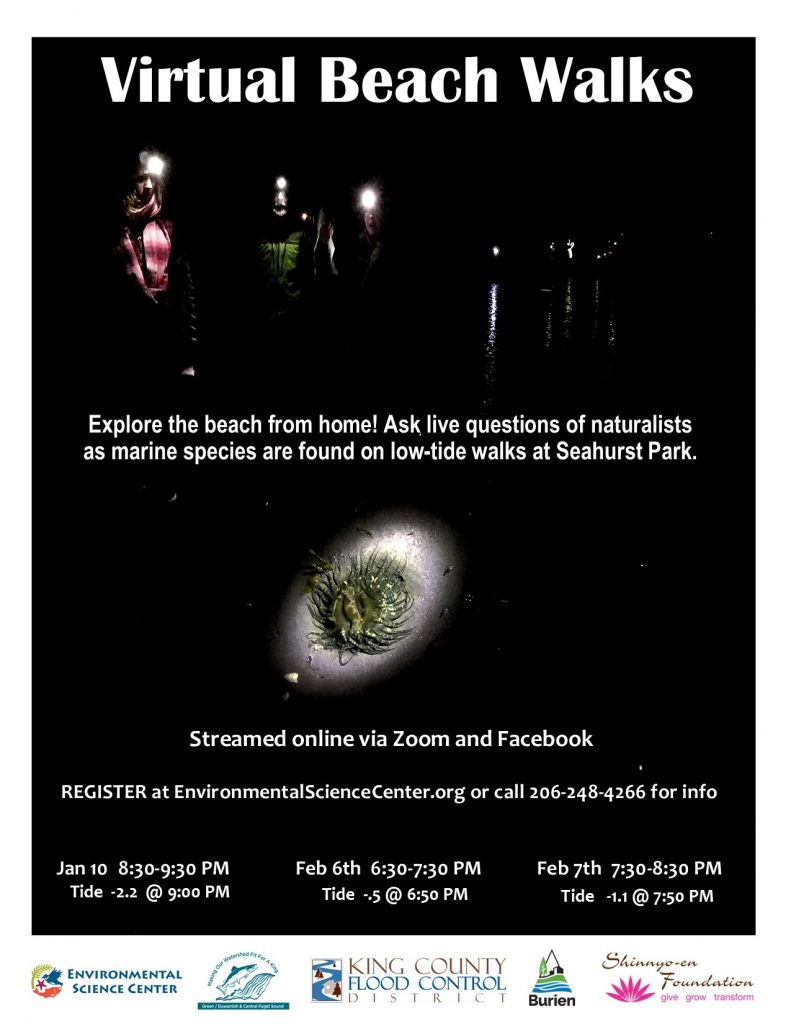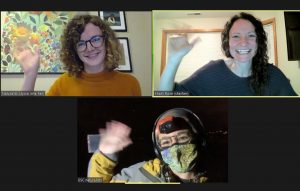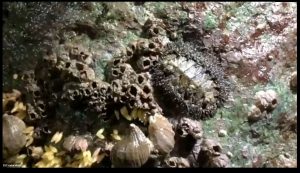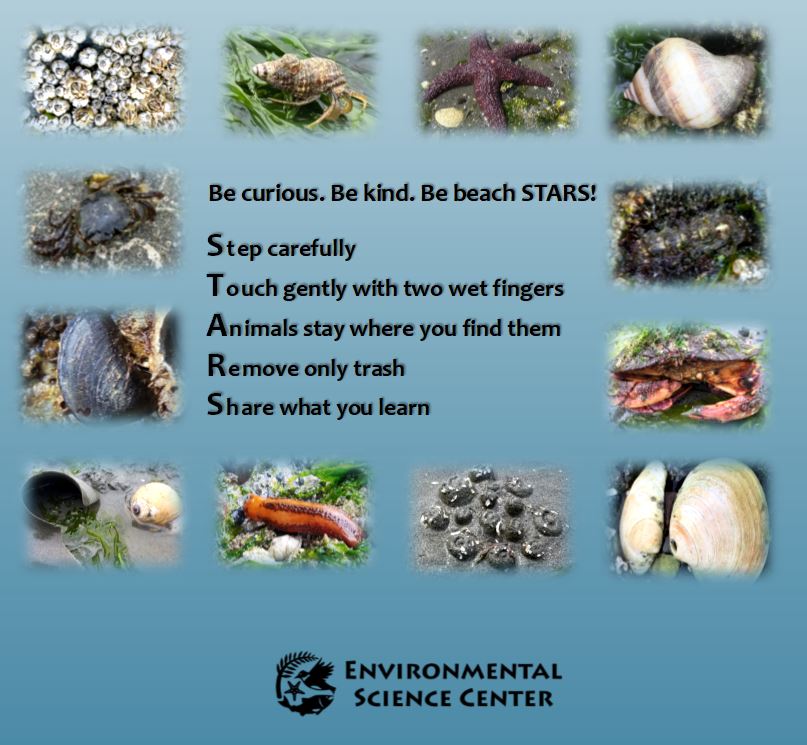Stay warm and toasty at home while going on a virtual winter beach walk! You won’t be on camera, but you will be able to explore local marine life with our naturalists and ask them live questions as low-tide treasures are revealed during our annual walks at Seahurst Park. Use our new marine ID guides below to match what species you’ll see on your screen. Common finds include crabs, sea stars, anemones, cucumbers, chitons, whelks, barnacles, and muscles, among other delights. These events are sponsored by the King County Flood Control District, WRIA 9 and Shinnyo-en Foundation to help you and your neighbors learn about your watershed and how you can improve or sustain its health. We hope you check out our resources below and join in the fun!
REGISTER HERE!
You can also use these bilingual resources and tips for all ages before, during of after the walks!

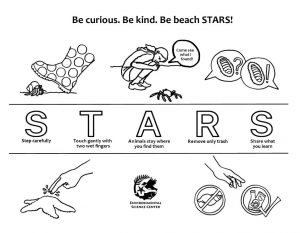
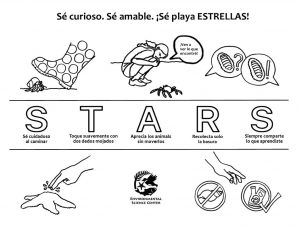
Everyone can be STARS when exploring the beach!
Step carefully: Be very cautious when walking on the beach so you don’t trip and fall, or step on animals, their homes, or eggs. Much life is at your feet, and the creatures, shells and even rocks are all important parts of the beach habitat.
Touch with two wet fingers: It is kind to give animals space and watch from a safe distance. Some animals and eggs are too sensitive for handling, but others can be touched gently. If you touch marine organisms, your skin has to be wet. Touching their wet bodies with a dry finger can be very harmful. Using two fingers limits poking with just one. Be extremely gentle with them all. Do not touch crabs bigger than your fist.
Animals stay where you find them: This is important for the safety of everyone. Bend over to look at animals instead of picking them up. Let others know of your discovery and ask them to join you. Marine animals evolved to live in different conditions, so moving small animals even small distances can mean life or death for them, and they may injure themselves trying to escape.
Remove only trash: The one thing we physically take from the beach: TRASH! Leave rocks and shells on the beach since they are current or potential homes for marine organisms and will also break down into sand. Keep all other natural items in their habitat.
Share what you learned! Share your observations, discoveries and ways we can take care of marine life! This helps others learn about these incredible creatures and systems and inspires them to protect marine ecosystems too!
Learn other easy ways to help your watershed here!

